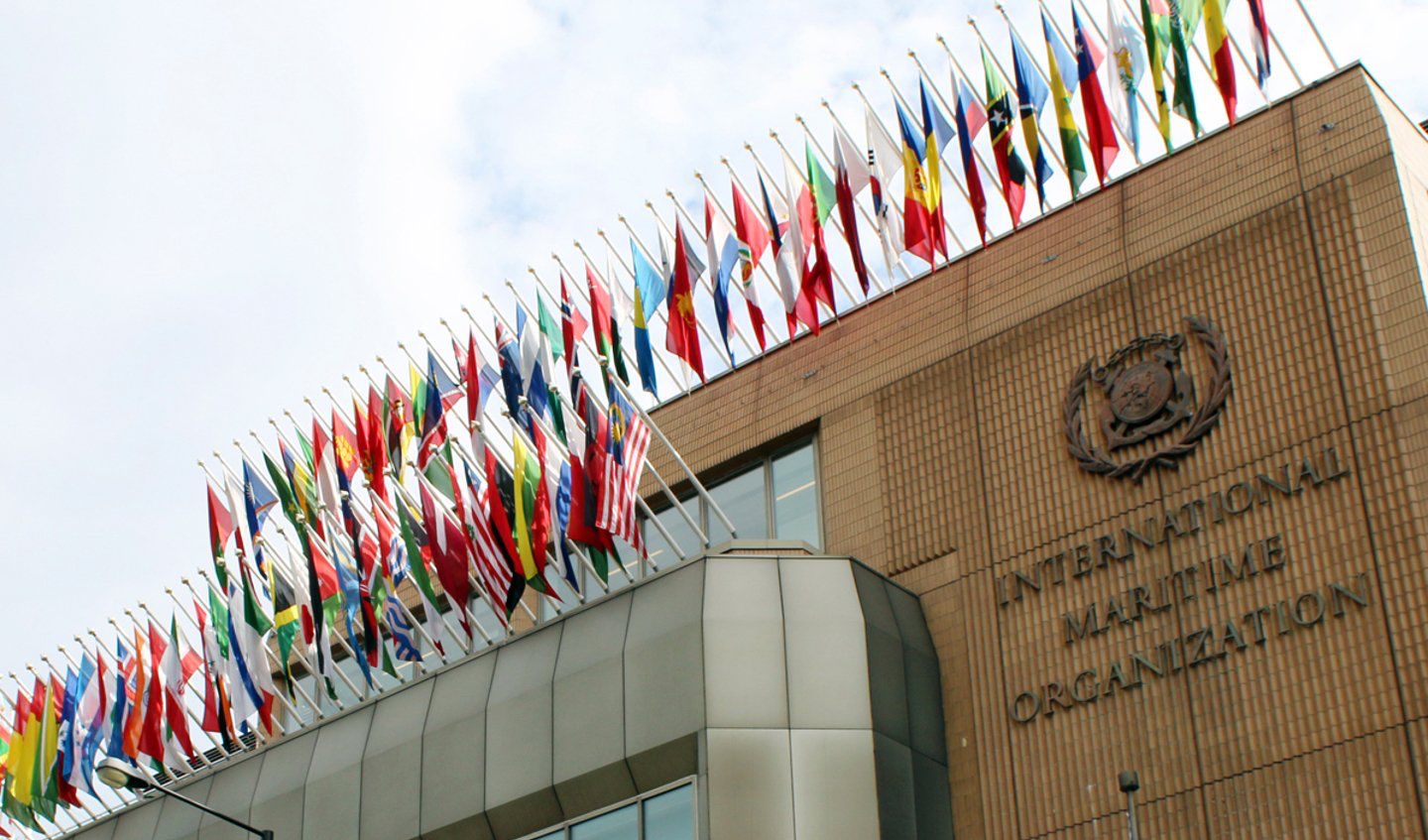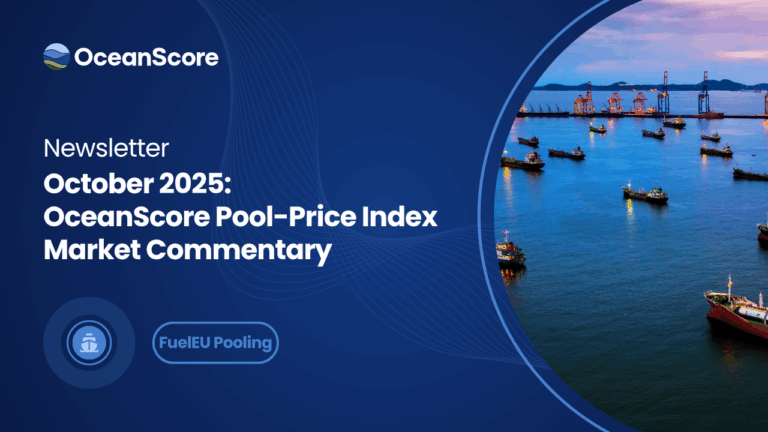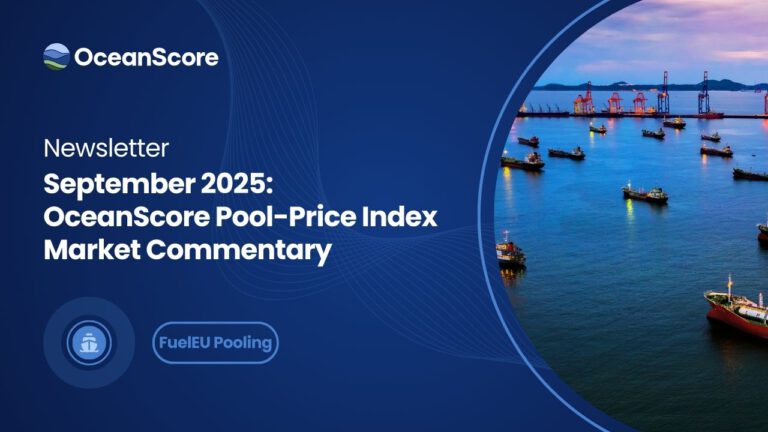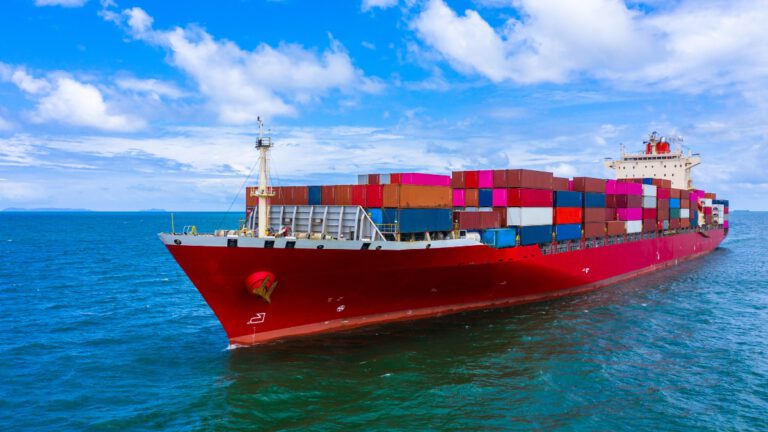OceanScore’s commentary on MEPC ES and IMO NZF
The IMO’s Net Zero Framework is effectively dead, and the broader role of the MEPC is now in question. Friday’s unprecedented vote represents a severe setback for multilateral climate action. It is difficult to see how a one-year delay will change the deeply rooted opposition from states such as the US or Saudi Arabia.
This is bad news for the net-zero transition — and bad news for shipping. The regulatory trajectory is now uncertain, and the policy landscape risks becoming fragmented, creating a more complex and therefore more expensive environment for investment decisions on fuels, engines, and energy-saving technologies.
What to expect next:
Stronger push for regional regulation. Pressure will increase to expand and enforce local/regional schemes. The UK has already signalled plans to extend its ETS (due July 2026) to cover voyages to and from the UK if the IMO framework fails. Others like Turkey, the African Union, China, etc. are likely to explore copycat schemes modelled after the EU ETS. This will not only drive up costs but will massively increase compliance complexity.
EU ETS expansion becomes more likely. The inclusion of vessels below 5,000 GT in the EU ETS, currently scheduled for 2027, now looks more probable. Any softening or alignment of FuelEU Maritime with global regulation is unlikely — the IMO NZF will not materialise, and FuelEU Maritime is here to stay. Get your contractual clauses agreed and signed.
- Pooling stays alive under FuelEU. Under the original NZF plan, commercial pooling would have been effectively eliminated by 2028. With NZF off the table, pooling will remain — and strategies must adjust accordingly.
- Biofuels and e-fuels outlook shifts. Their case is now weakened and largely confined to European trading for the foreseeable future. In the short term, this may ease supply constraints — but long term, it risks slowing the essential build-up of production capacity and infrastructure.
Shipping has long been a global regulatory success story — one of the very few industries capable of agreeing and implementing uniform rules at global scale, not just on environmental issues. This is a remarkable achievement. Let us hope that last week’s MEPC failure does not mark the start of a new era of fragmented, overlapping, and conflicting regional regulation. The resulting inefficiencies would set the industry back on a scale we have never seen before.





